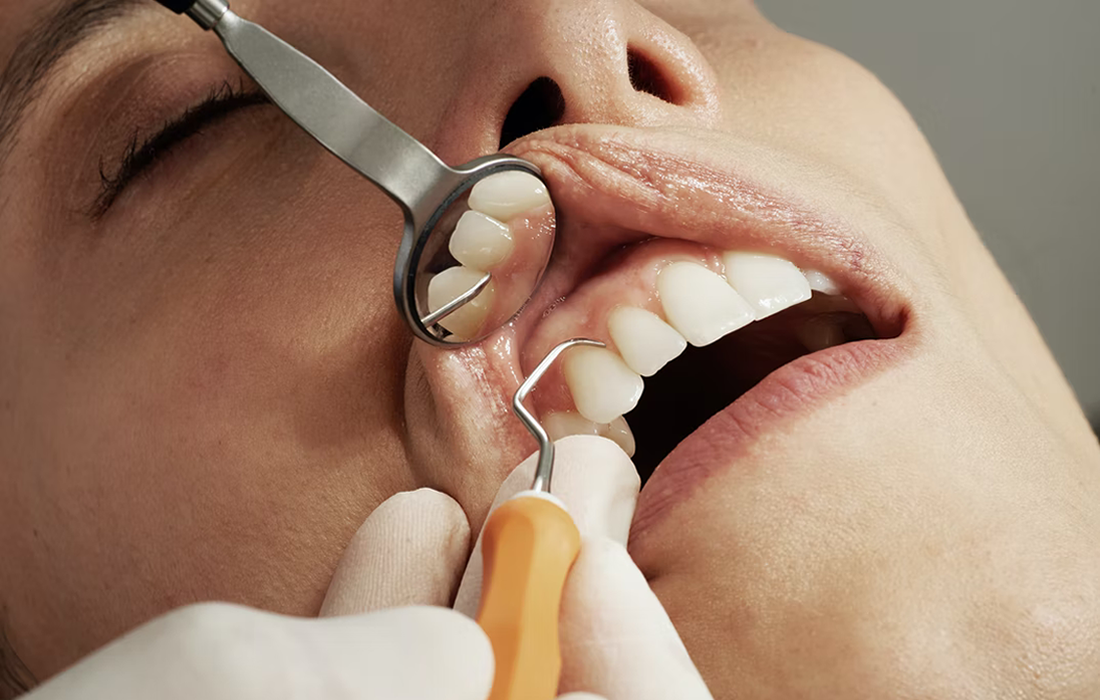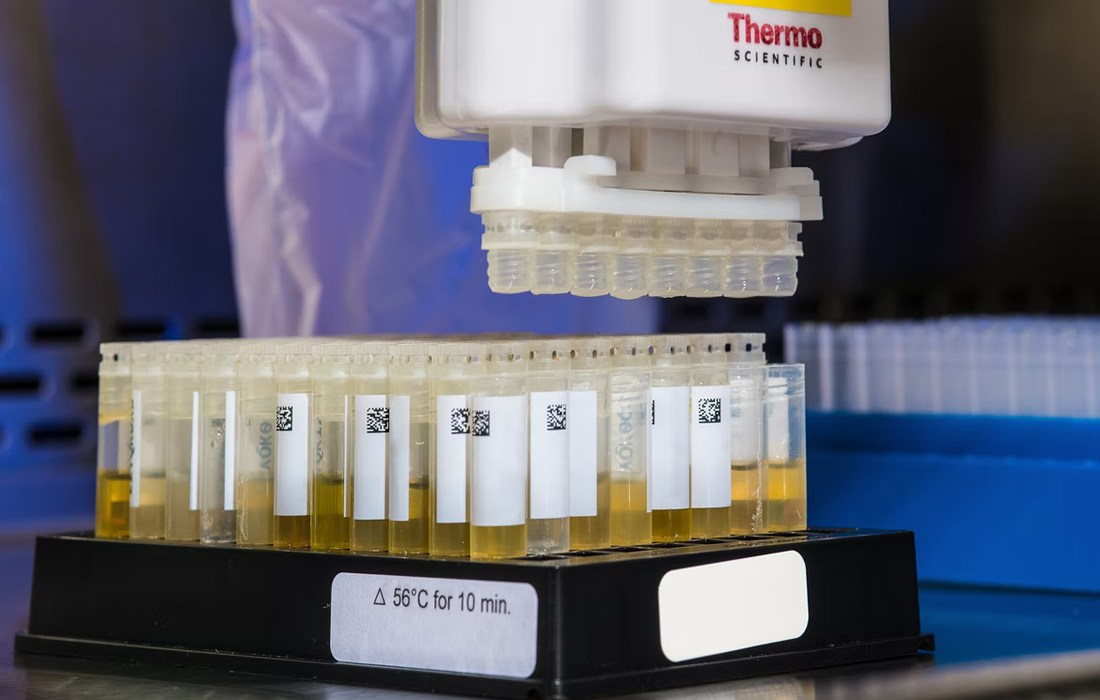Liver cancer is one of the top ten causes of cancer-related deaths worldwide and in the United States. Hepatocellular carcinoma (HCC) accounts for 75% of all liver cancer cases, most frequently occurring in patients with chronic liver diseases. The liver is also a frequent site for metastases originating from colorectal cancer, pancreatic cancer, melanoma, lung […]
Author Archives: Francisco Fernandez, MD
Most individuals with COVID-19 recover fully after infection within the initial 3 to 4 weeks. However, around 10-30% of individuals experience lingering symptoms weeks to months after the acute phase of the illness, a phase that has been called long COVID or post-acute COVID-19 syndrome. Severe illness with COVID-19 is characterized by excessive inflammation and […]
What is Epicondylitis? Lateral epicondylitis, also known as tennis elbow, is a painful condition that occurs when tendons in your elbow are overloaded, usually by repetitive motions of the wrist and arm. Despite its name, athletes aren’t the only people who develop tennis elbow. People whose jobs feature the types of motions that can lead […]
In a new study, researchers from the School of Dental Medicine in collaboration with an international team that included colleagues at the Technical University of Dresden found a mechanism by which innate immune memory can cause one type of inflammation condition to increase susceptibility to another. For the study, the team used gum disease as […]
Pain is essential for our survival because it functions as a biological alarm for impeding or actual tissue damage. However, chronic pain is a persistent, inescapable stress, which leads to maladaptive emotional states. Studies have reported depression and anxiety-like behaviors in animal models of chronic pain, which suggest that it causes plastic changes in neural […]
Prostate cancer is the most common nonskin malignancy in men in developed countries, with over 250,000 deaths annually worldwide. Its clinical course can be highly heterogeneous, and critical decisions are made about the likelihood of aggressive disease based on information obtained at presentation, including histopathological scores. Genetic inheritance and ethnicity have established roles in prostate […]
The burden of type 2 diabetes is not equally distributed, as susceptibility to environmental factors varies between and within human populations. This observation has led many to presume that diet and lifestyle factors may yield different effects depending on inherited genetic susceptibility. In a recently published study, researchers from the Massachusetts General Hospital in the […]
A new and final recommendation has been issued by the U.S. Preventive Task Force on the use of aspirin in cardiovascular disease (CVD) prevention. “Evidence is pointing to the fact that we’re not seeing a benefit from using low-dose aspirin for reducing risk in patients who don’t already have cardiovascular disease,” says Dr. Demilade Adedinsewo, […]
Different studies have shown that there is a strong association between chronic inflammation and many diseases, including diabetes, hypertension, arthritis, and cancer. Recent studies have also shown a link between diet as a trigger for inflammation. Anti-inflammatory diets have become more popular in recent years. An anti-inflammatory diet is rich in foods containing high levels […]
Cellular reprogramming can manipulate the identity of cells to generate the desired cell types. The use of cell-intrinsic components, including oocyte cytoplasm and transcription factors, can enforce somatic cell reprogramming to pluripotent stem cells. By contrast, chemical stimulation by exposure to small molecules offers an alternative approach that can manipulate cell fate in a simple […]









